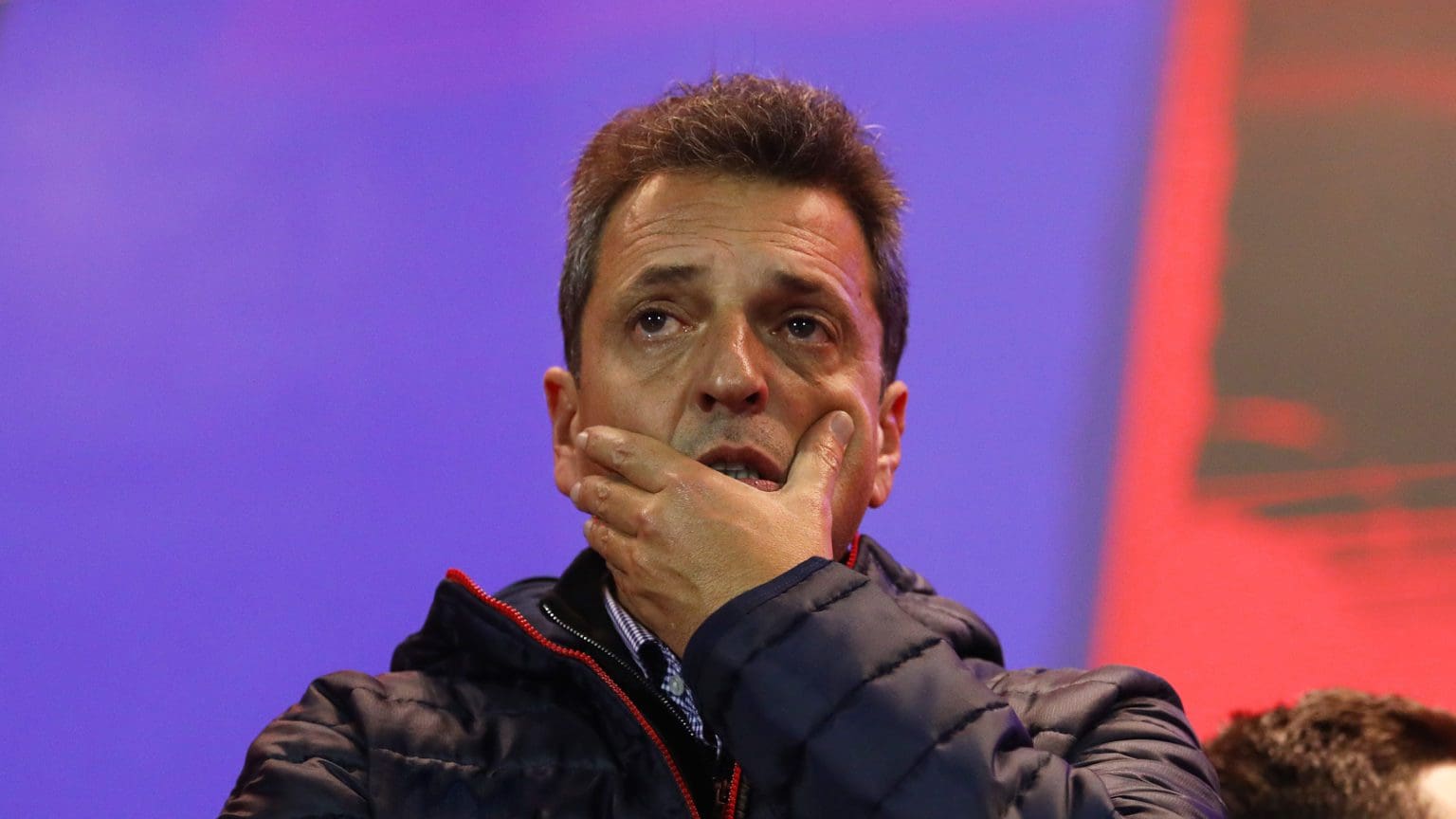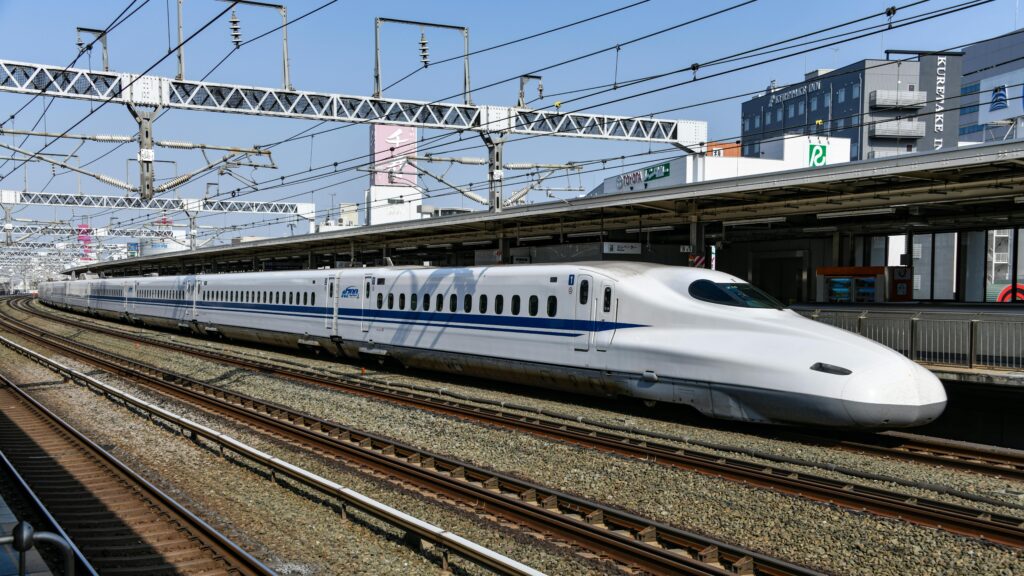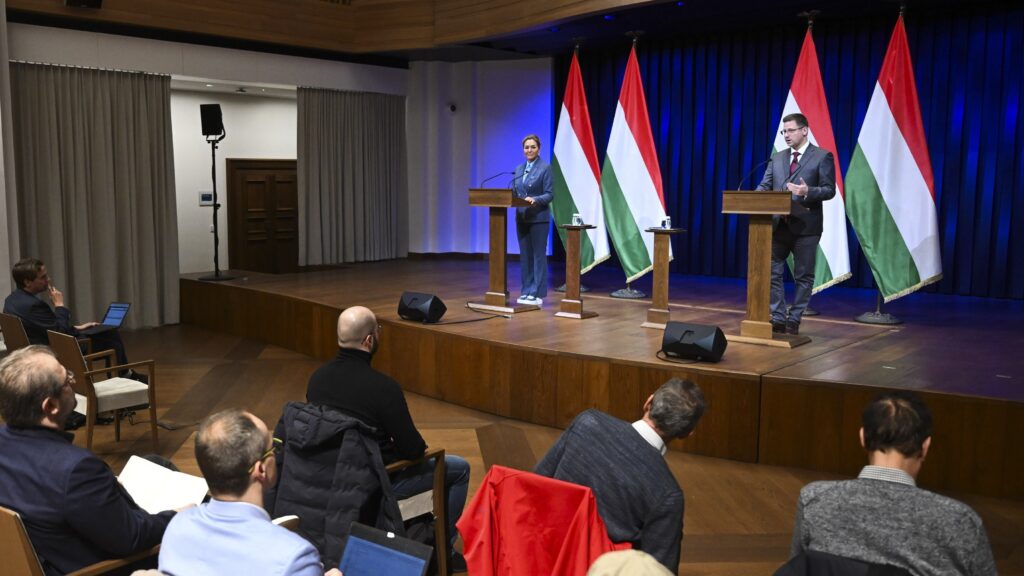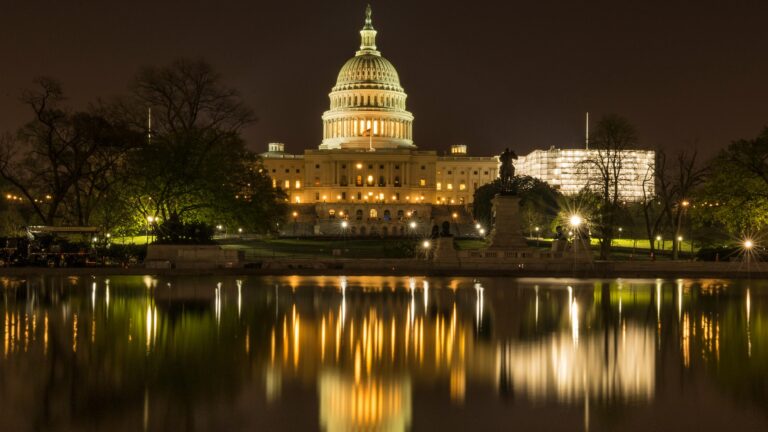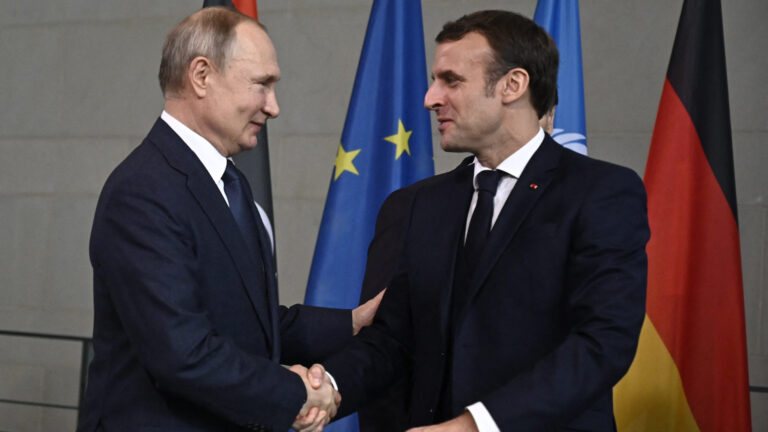Sergio Massa, Argentina’s third economy minister in a month, was sworn in on Wednesday. As his first task, he sought to manage unrealistic expectations for his handling of the nation’s economic problems. Argentina’s inflation is measured to be 60 per cent annually, and is expected to rise. Massa will have to navigate the waters and calm the markets if he wants to keep his position.
No Profound Measures
Massa made it clear that he would not announce any profound measures that would instantly change the economic landscape suffering from sky-high inflation and a shortage of foreign currency reserves.
During a news conference on Wednesday night, where he outlined his key strategies, Massa added, ‘I’m not super anything, not a magician, nor a saviour.’
Many dubbed Massa a “super minister” when he was first introduced as the new economy minister, because his role would entail overseeing three previously independent ministries, including agriculture, production, and the economy.
‘This team has a responsibility to provide answers that won’t be available in a day or two,’ he said. ‘Magic is not real.’
Backlash Over IMF Deal
He has vowed to stick to the deal with IMF to potentially lighten the burden of their deb
In light of Argentina’s economic difficulties and the increasingly fractious nature of the ruling coalition, Massa’s resignation as head of the lower house of Congress, the Chamber of Deputies, and assumption of the Cabinet position have given the position new political weight. With his newfound power, he has vowed to stick to the deal with the International Monetary Fund (IMF) to potentially lighten the burden of their debt.
In accordance with the IMF agreement that will help restructure $44 billion of Argentina’s debt, he stated unwavering commitment to maintaining the budget deficit at 2.5 percent of the GDP.
The agreement with the IMF has drawn harsh criticism from left-leaning members of the ruling coalition, including Vice President Cristina Fernández, a former president herself. Critics claim the IMF deal imposes excessive austerity requirements and would limit Argentina’s potential to thrive.
Defying opposing views, Massa is firmly sticking to the deal that had been engineered by then-Economy Minister Martín Guzmán, a moderate who resigned in early July. It seems that even parties of the ruling coalition are unwilling to support the agreement.
Inflation
Massa declared he will stop using the Central Bank to finance government operations in an effort to control the massive, 60 per cent inflation, which is predicted to rapidly accelerate in the coming months.
‘With the revenues from taxes and the financing we can secure from the private sector we will manage, Massa said.
Without getting into specifics, Massa announced that he would give special advantages to the agricultural, fishing, and mining industries in an effort to enhance exports and, consequently, boost the Central Bank’s hard currency reserves.
Despite the rapid weakening of Argentina’s currency in recent weeks, he stated that he has no plans to implement a devaluation along with strict capital controls.
President Alberto Fernández called Massa’s appointment the relaunching of the struggling government. ‘We have a great opportunity as a country. Let’s not let it pass us by,’ he stated.
The public’s dissatisfaction with the government is growing
Although Argentina’s inflation is way higher than the EU’s, the trends and consequences are similar. People are becoming impoverished at a rapid rate, as 4 out of 10 people are considered to be poor in Argentina and the public’s dissatisfaction with the government is growing, with calls for more comprehensive welfare.
Considering the global instability we are currently experiencing, it is certainly no surprise that the already struggling Argentina is on the brink of financial catastrophe. With sky-high inflation and the energy crisis, many Argentinians are now hardly able to make ends meet. Although Sergio Massa has made it clear he is not a magician, people will still expect him to do no less than wizardry to mend the economy.

